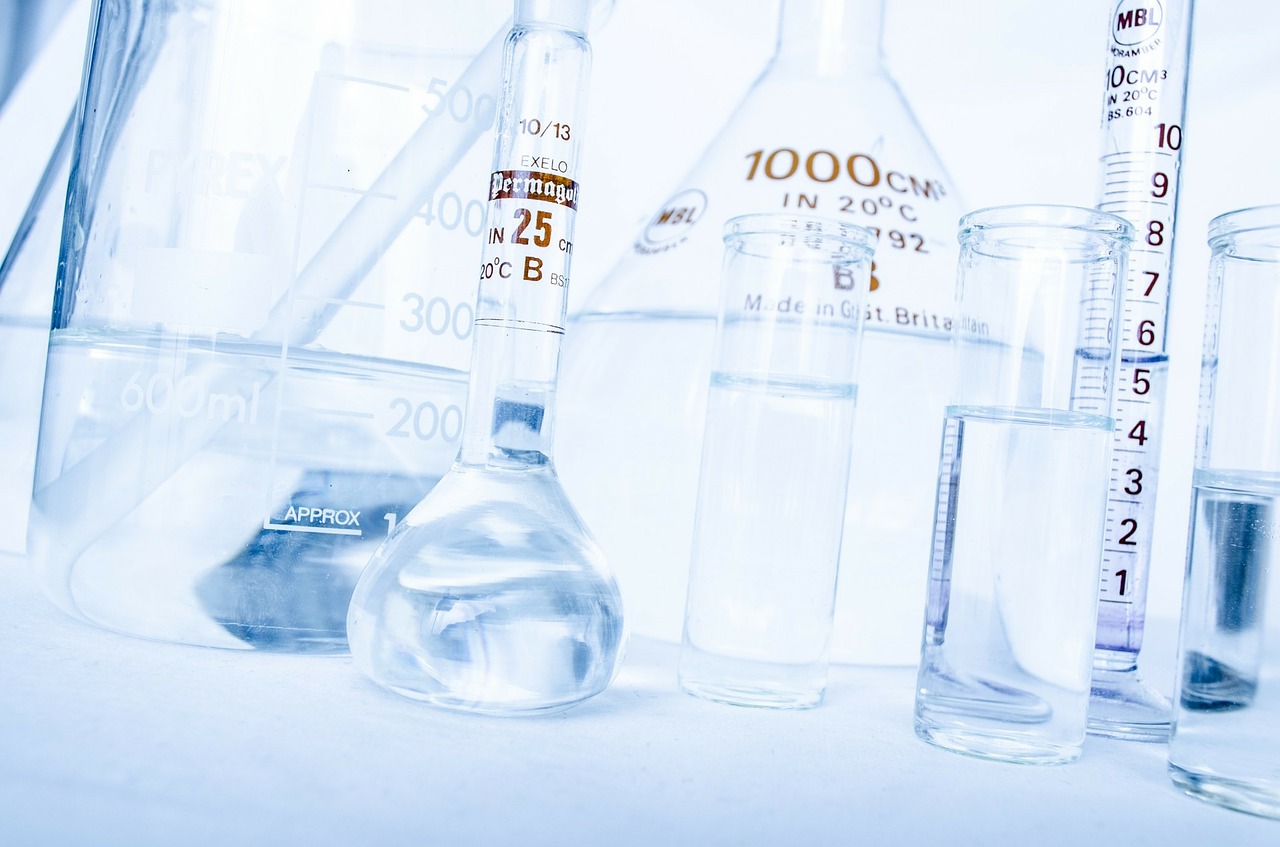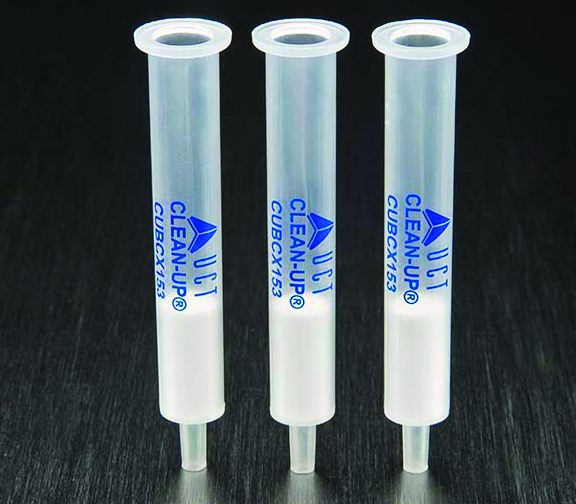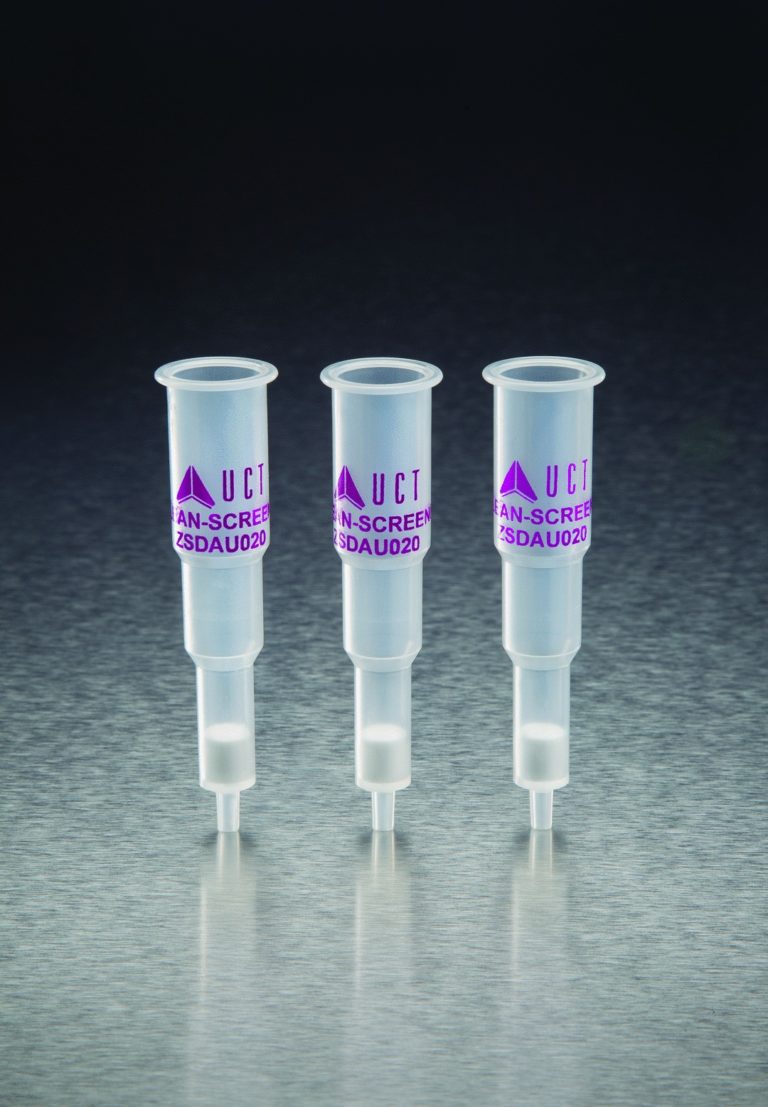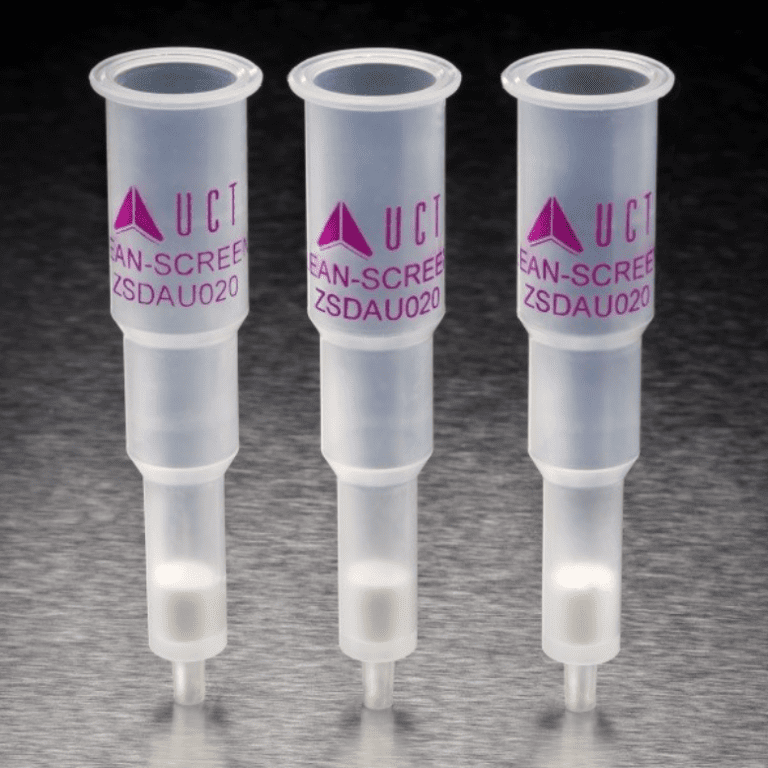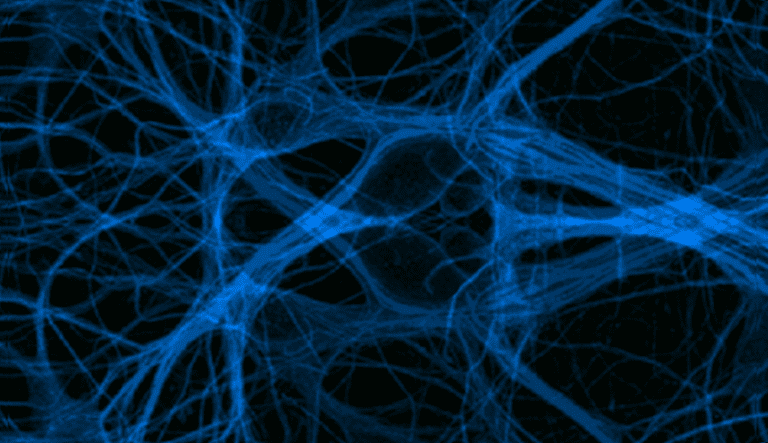UCT Specialty Chemicals Cited in Cancer Study Article
In a recent paper authored by Xiaoying Wang published in Talanta ((2018) 187 179-187), UCT’s specialty chemicals Tetraethylorthosilicate (TEOS) and trimethoxysilylpropy-diethylenetriamine (DETA) were employed in the process to produce an electrochemiluminescence (ECL) biosensor for detection of CdkN2A/p16 anti-oncogene based on functional electrospun nanofibers and core-shell luminescent composite nanoparticles. The CdkN2A/p16 anti-oncogene is closely related to progression and malignancy of tumors. Special recognition and quantitative detection of CdkN2A/p16 anti-oncogene is extremely important in fundamental researches and clinical applications.
The CdkN2A/p16 anti-oncogene is closely related to progression and malignancy of tumors. The change of ECL intensity was found to have a linear relationship in respect to the logarithm of the CdkN2A/p16 anti-oncogene concentrations in the wide range of 1.0 × 10–15~1.0 × 10–12 M, with a detection limit of 0.5 fM (S/N = 3). This is comparable or better than that in reported anti-oncogene assays. Excellent sensitivity and selectivity make the developed biosensor a promising tool for the detection of tumor biomarkers.
UCT specialty chemicals can be used in a wide variety of clinical and research applications. For more information on DETA, TEOS and the rest of our specialty product catalog, please click here.

